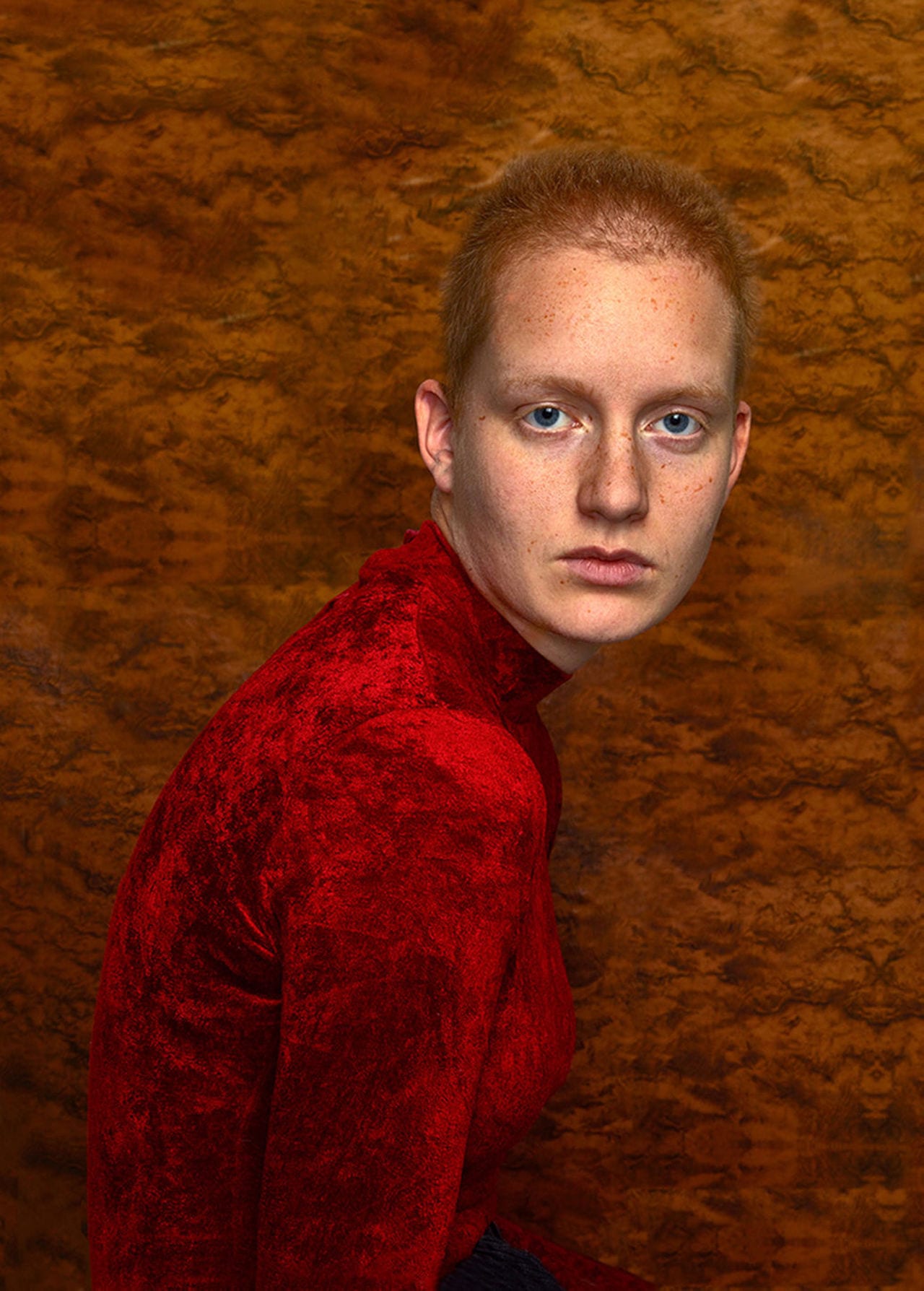
Festivals

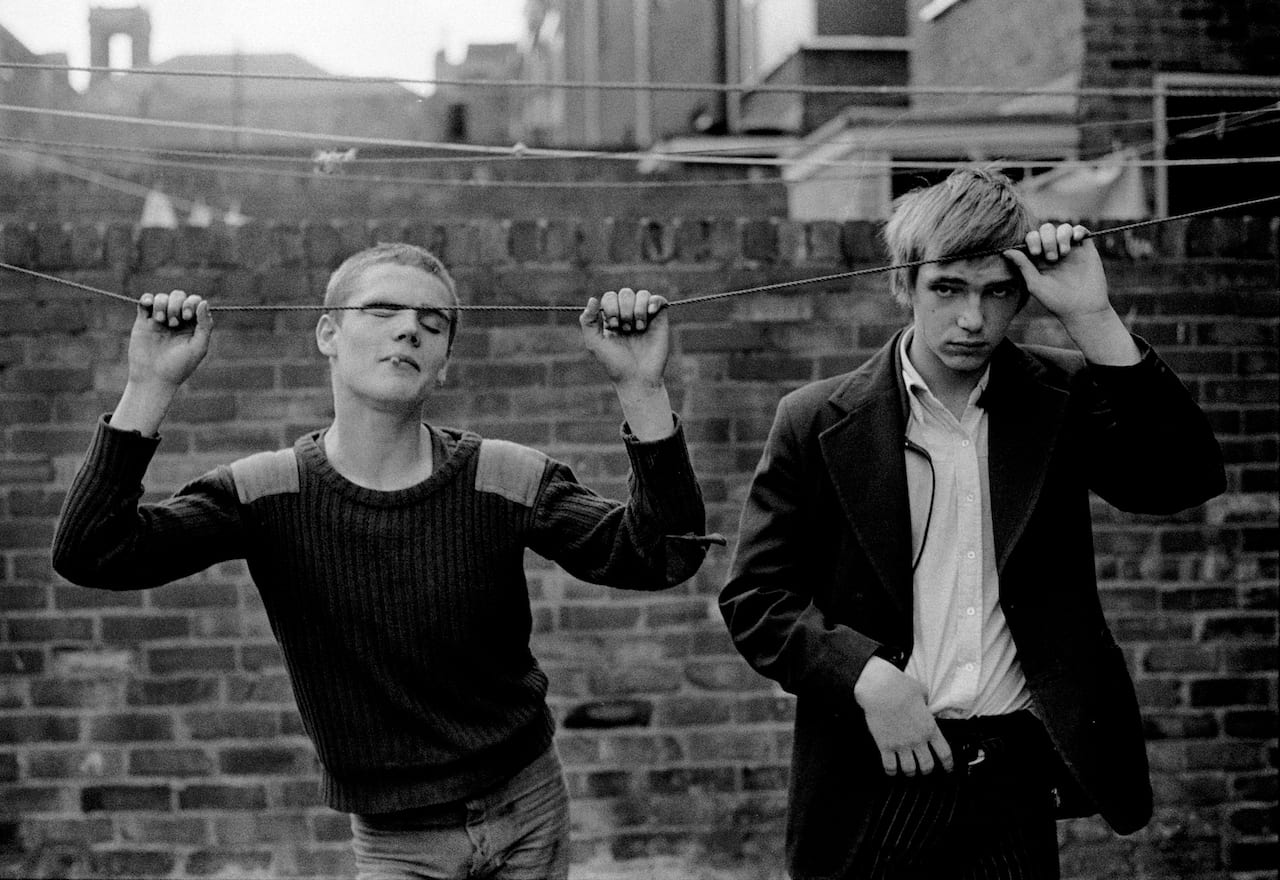
From the star-studded hills of Hollywood, to Ukraine’s military camps, Russia’s Caucasus region, and the gloomy streets of Thatcher-era England, the programme for this year’s Portrait(s) festival covers a wide breadth of both geography and context. The French photofestival dedicated to portraiture returns to Vichy for its seventh edition this summer, with exhibitions by Philippe Halsman, Tish Murtha, Michal Chelbin, Bastiaan Woudt, Turkina Faso, Benni Valsson, Ambroise Tézenas, and an intriguing show about selfies, curated by Olivier Culmann.
Selfies, Equal/Egos presents a mixture of amateur photography and artists who explore the phenomenon in their practice. Both serious and offbeat, the exhibition examines the mechanisms of virality, and the repetitive nature of the image economy in a digital age.
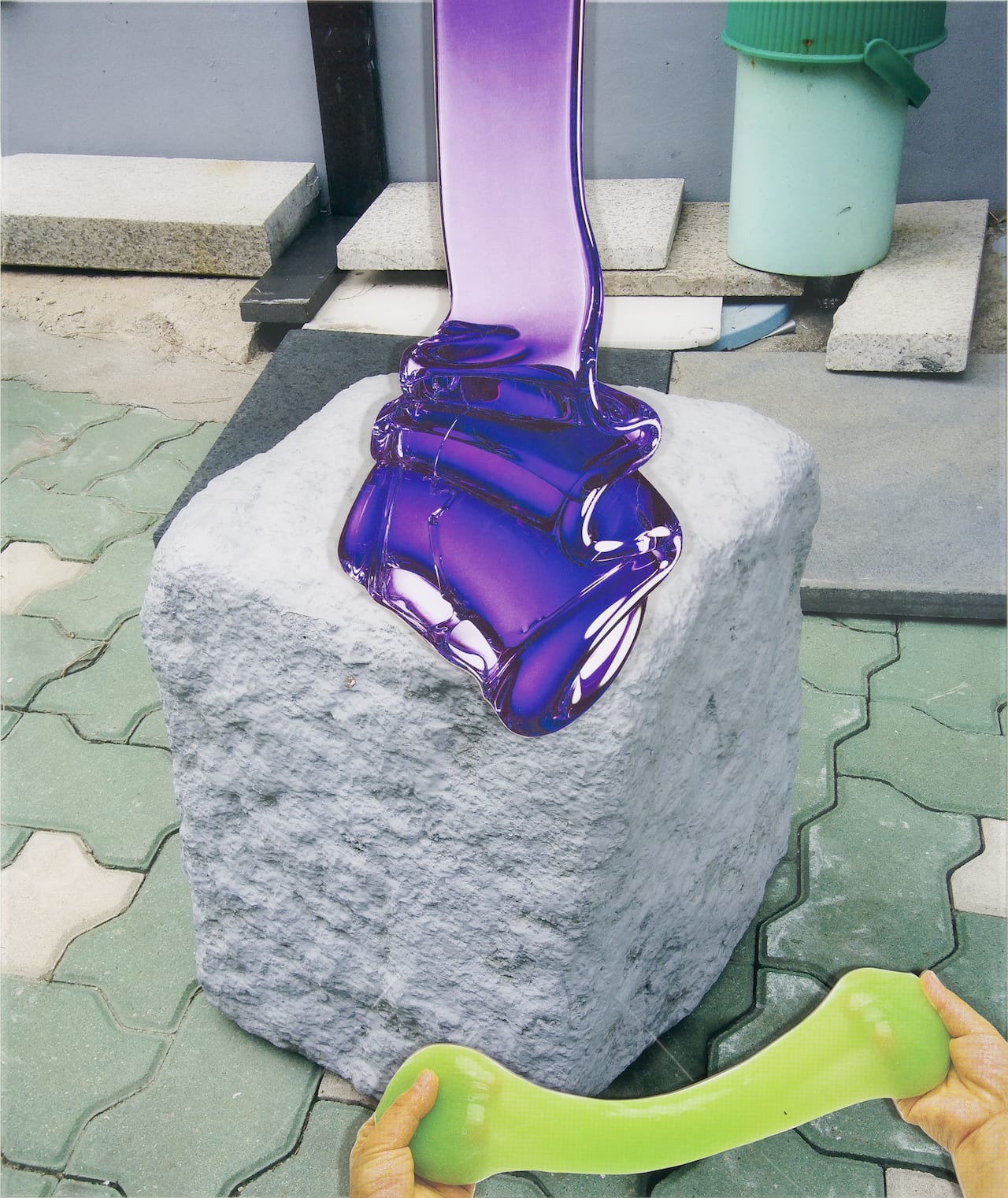
Japan is thousands of miles away from the Western world where photography was born, but its scene is thriving. Not only do they lead the world in camera and printing technology, but from the radical photographers of PROVOKE, to the cutting-edge work of rising stars, its practitioners are internationally recognised and respected; and its photofestivals are are no different in quality or flare. Set within the ancient city of Kyoto, among countless temples, shrines, and imperial palaces, is Japan’s largest international photofestival, Kyotographie. It returns this spring for the seventh time, catching the last of the cherry blossoms – an important season in Japan, symbolic of renewal and the fleeting nature of life.
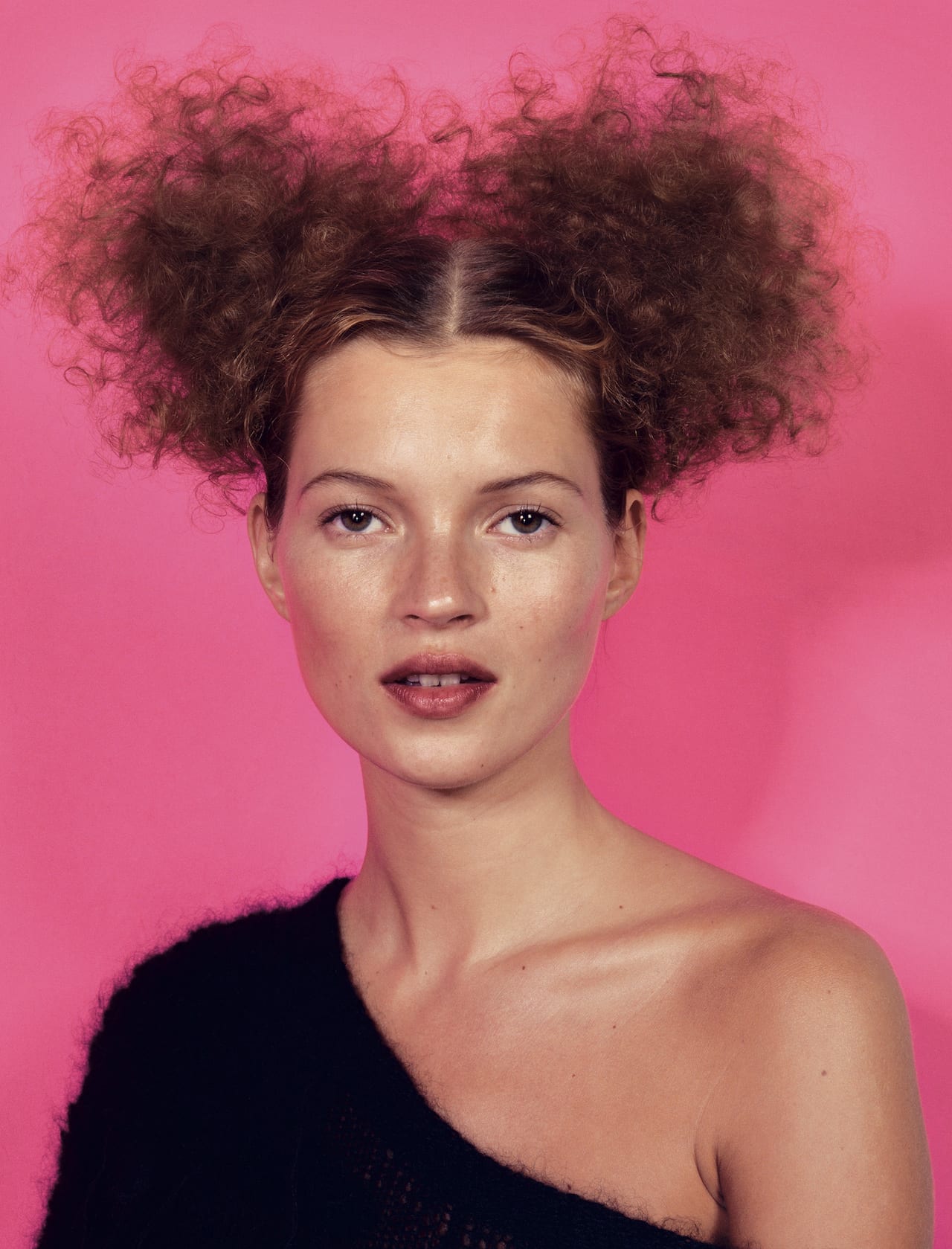
Established in 1986 as a festival for young fashion designers, and adding a prize for emerging photographers in 1997, the International Festival of Fashion, Photography and Fashion accessories, Hyères has established itself as a small but beautiful festival with a cutting-edge handle on photography in fashion and beyond.
The artistic director for photography is Raphaëlle Stopin, and this year she’s presenting exhibitions such as a solo show by Craig McDean plus a 25-year retrospective of Self-Service magazine. As usual, the festival also features work by 10 up-and-coming photographers, plus exhibitions by the two prize winners from 2018 – Eva O’Leary (who won the Grand Prix for photography last year) and Sarah Mei Herman (who won the American Vintage-sponsored prize).
The finalists for the 2019 competition are: Federico Berardi (Switzerland – Italy); Hubert Crabieres (France); Kerry J Dean (United Kingdom); Tommy Kha (China – USA); Hilla Kurki (Finland); Vincent Levrat (Switzerland); Alice Mann (South Africa); Andrew Nuding (Ireland); Jean-Vincent Simonet (France); and Elsa & Johanna (France). Their work will be on show until 28 May, and as well as competing for main prize, they will be commissioned to shoot new images for a Still Life Prize, and for the American Vintage Photography Prize.
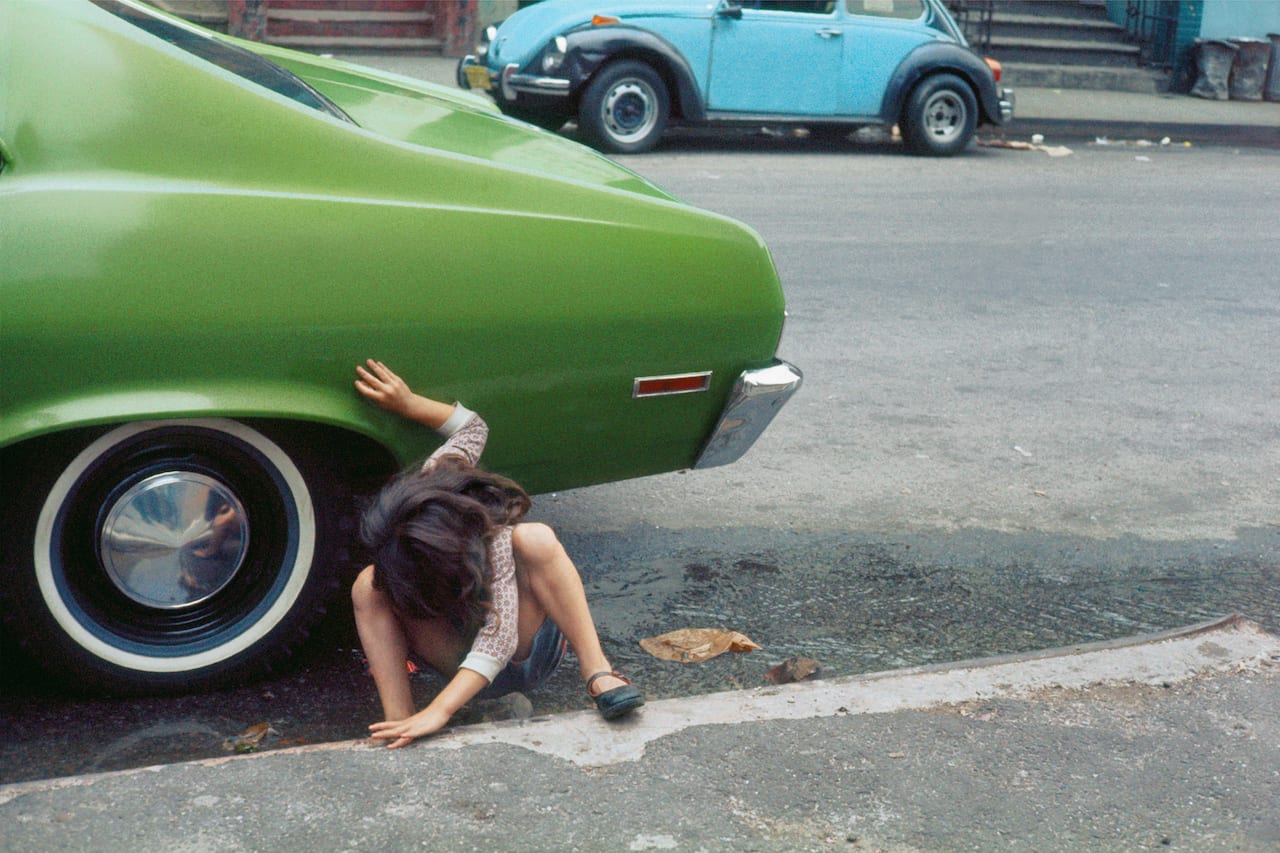
50 years ago, photographer Lucien Clergue, writer Michel Tournier and historian Jean-Maurice Rouquette put together the first edition of Les Rencontres d’Arles in the city’s town hall. They had three exhibitions – a group show tracing the history of photography, and solo shows by Gjon Mili and Edward Weston. Now it’s the largest and most prestigious photography festival in the world, and this summer, they celebrate 50 years with 50 exhibitions, looking back on their history and heritage, as well as championing cutting-edge photography and emerging talent.
Running from 01 July till 22 September, the festival is lead by director Sam Stourdzé for the sixth year. Last year, Stourdzé was criticised by a group of eminent photography specialists in an open letter urging him to include more women in the main programme. A year on, it seems they’ve taken the criticism on board. Marina Gadonneix, Germaine Krull, Helen Levitt, Evangelia Kranioti, Libuse Jarcovjakova, Camille Fallet, and Pixy Liao, among many more, appear on the main programme with solo shows; the festival also includes a section titled Replay, which is dedicated to female-led narratives.
Replay includes a group show titled The Unretouched Woman, which combines the work of Eve Arnold, Abigail Heyman and Susan Meiselas, whose photobooks from the 1970s challenged gender bias and celebrated women from across the globe. In the same section is a group exhibition of around 200 vintage prints by Berenice Abbott, Florence Henry, Germaine Krull and more, as well as Tom Wood’s Mothers, Girls, Sisters, which was shot in the suburbs of Liverpool between the early 1970s and late 1990s.
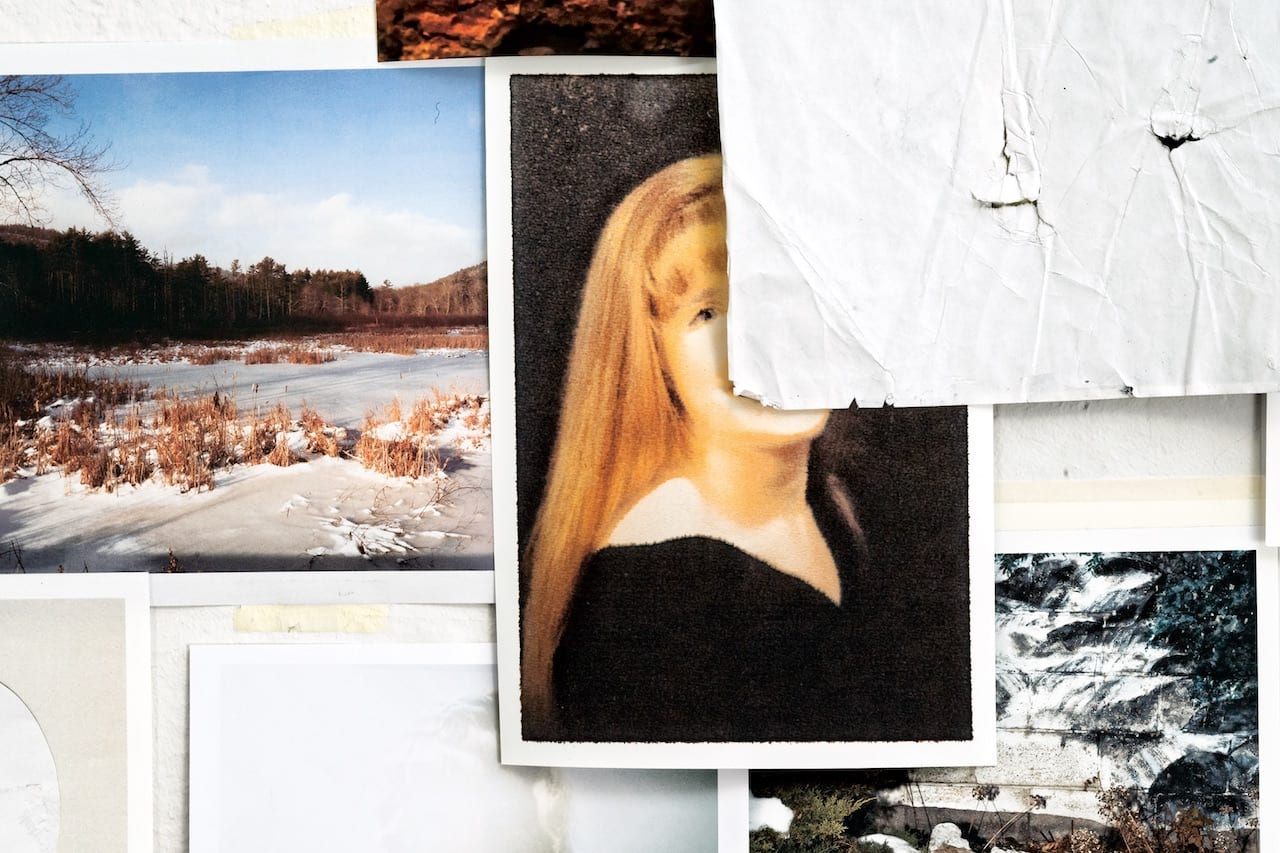
Virginie Rebetez is a photographer preoccupied by absence. Her work explores themes around disappearance, loss and death, her subjects often physically absent or removed from the projects that depict them. Such is the case with Out of the Blue, which centres around the unresolved disappearance of Suzanne Gloria Lyall, who went missing in 1998 at the age of 19, in Albany, upstate New York. Out of the Blue was published last year by Meta/Books, and is showing in Mutable/Multiple at Quad during Format.
Lyall has never been found but traces of her remain even now, more than 20 years later. “Photography has this relationship with traces but also with proof and reality,” explains Rebetez, whose work attempts to make concrete something unthinkable, this vacuum, by becoming acquainted with Suzanne and her life in her absence. “It’s really interesting to work on something invisible with photography because somehow it gives something material to that which is not present,” she says.
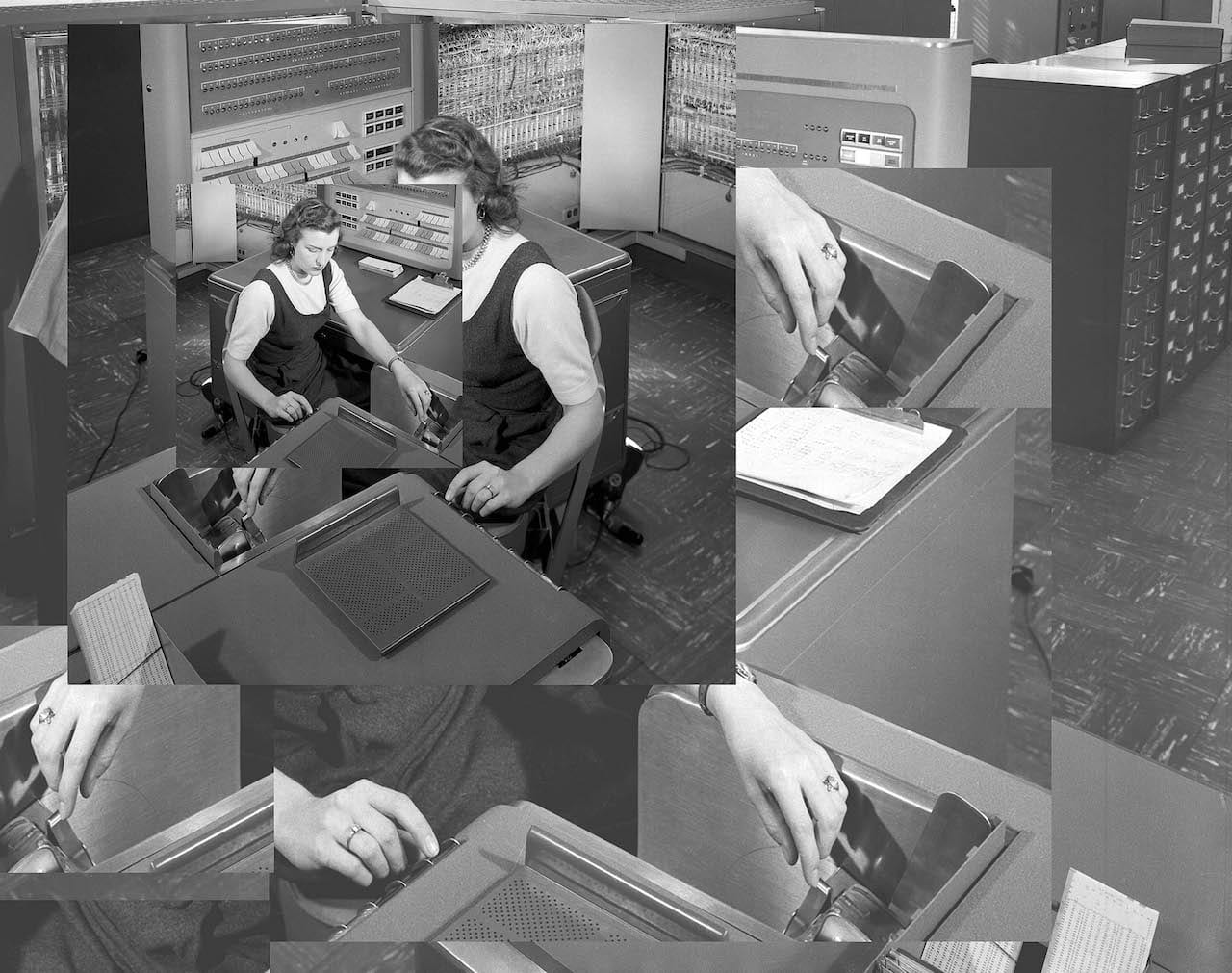
“A festival is about taking risks,” says Louise Clements, founder and director of Format International Photography Festival, which returns this year to celebrate its ninth edition. “Festivals can come and go, but to sustain something for so many years, you have to work out how to make it valuable for its participants and its audience, by giving people something to work towards.”
The city of Derby, in the UK’s post-industrial Midlands, is not large, but over the last 15 years the biennial event has helped place it on the cultural map. Over the course of each festival some 100,000 visitors will gather there – the city’s compact size lending it some advantages. “Derby is small, like Arles [whose 50-year-old Rencontres photography festival remains the blueprint], so there is this critical mass-like feeling,” says Clements. “People are likely to bump into each other, see our bags and totes – the guides see and integrate them, for example, when we work with the local microbreweries.”
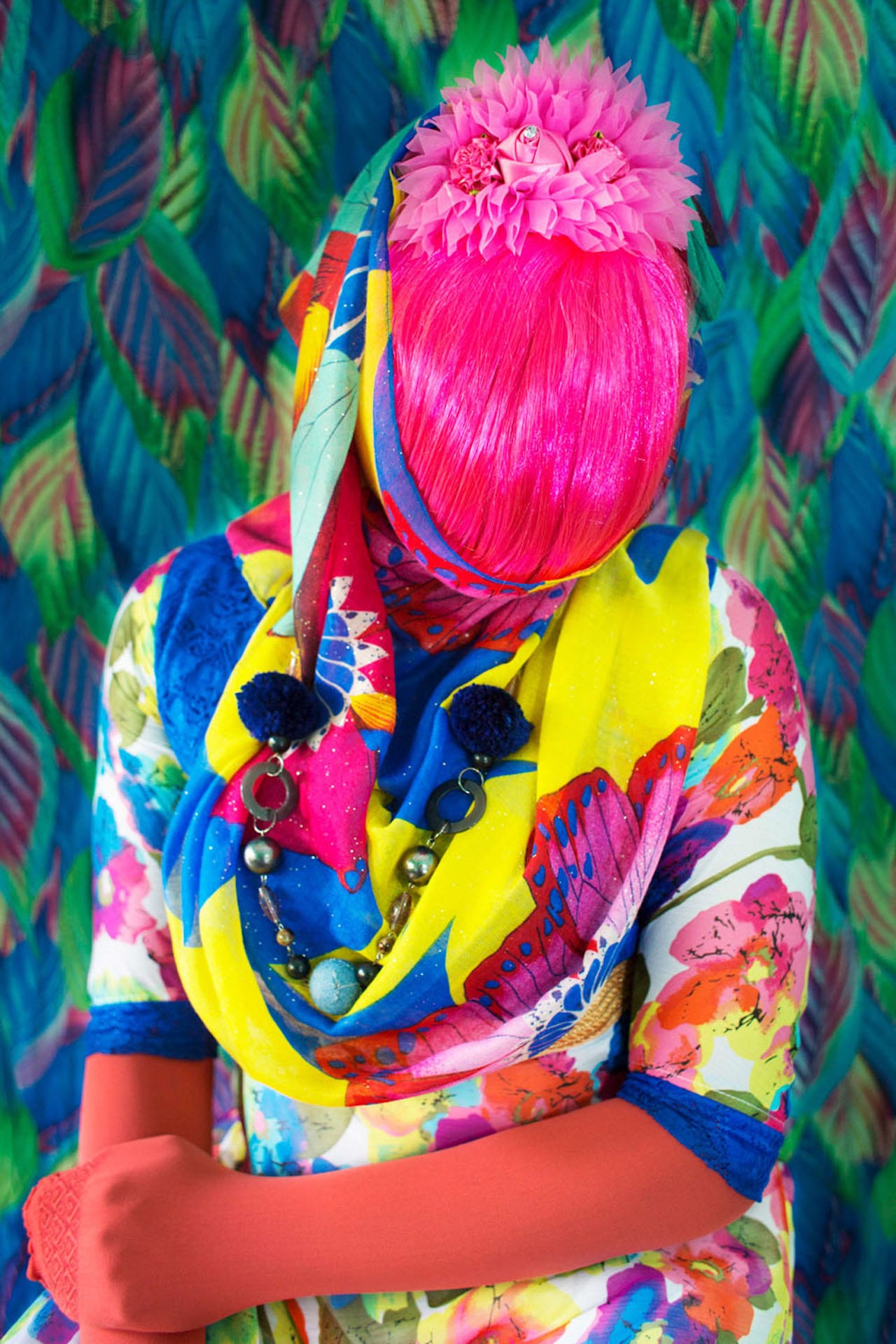
“Chobi Mela continues the way it began,” writes Shahidul Alam. “Unyielding to power.” He’s referencing the very first Chobi Mela festival, which opened in Dhaka, Bangladesh back in 2000. Alam and Robert Pledge had painstakingly put together an exhibition on Bangladesh’s 1971 war, which a government minister – phoning at midnight – wanted to censor; rather than comply and remove the offending prints, Alam and Pledge moved the entire exhibition to a new venue, which opened at 3pm the next day.
“That is how we’ve always done it,” writes Alam, the founder of Chobi Mela. “Against the odds, facing the storm, with the wind against our face.”
Though he doesn’t mention it outright, it’s difficult to read his comments now without also thinking of Alam’s own recent experience, in which he spent 107 days in Dhaka Central Jail last year. The 63-year old photographer and Drik Gallery director was arrested on 05 August after stating in an interview with Al Jazeera that the wave of student protests in Bangladesh last year was a reaction to government corruption. He was charged with violating Section 57 of Bangladesh’s Information and Communication Technology Act (ICT) – which has been used in more than 20 recent cases involving journalists, most of them related to news-reporting – and was held for more than 100 days.
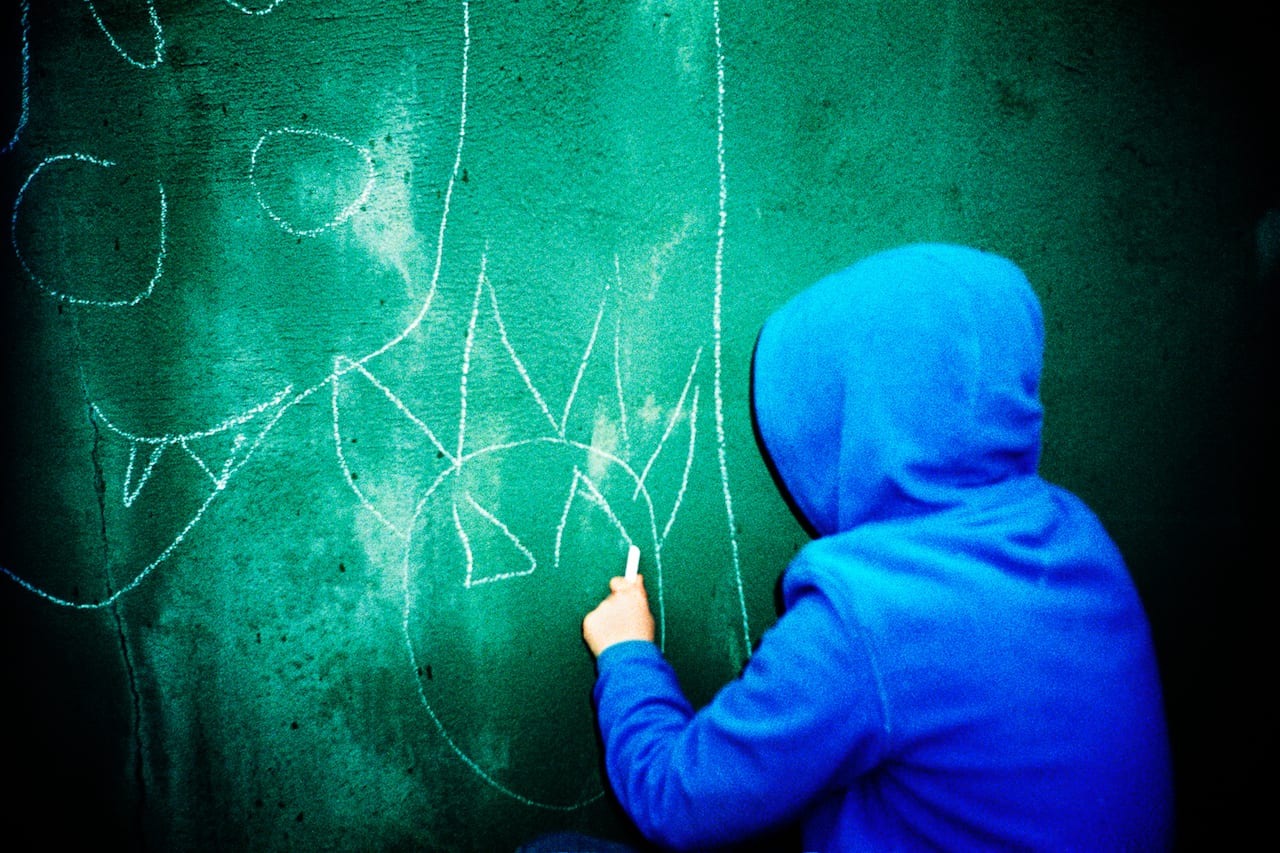
Since 2012, Temps Zero has matched emerging photographers and cutting-edge music, creative “a sonic and visual experience” that has popped up in Paris, Berlin, Athens, Rome, and many more. No two performances are alike, but the project is overseen by Stéphane Charpentier, a French photographer currently based in Athens.
Temps Zero’s next outing is in Vienna during Foto Wien 2019, with a photo projection in the Schikaneder Kino on 23 March, 24 March and 13 April accompanied by a soundtrack record by Alyssa Moxley, plus a photography show in the cinema. Guest-curated by Damien Daufresne and Kunstnetzwerk, the show includes images by French photographers Gaël Bonnefon and Gabrielle Duplantier, Italian photographers Marco Marzocchi and Lorenzo Castore, and Swedish photographers Theo Elias and Martin Bogren
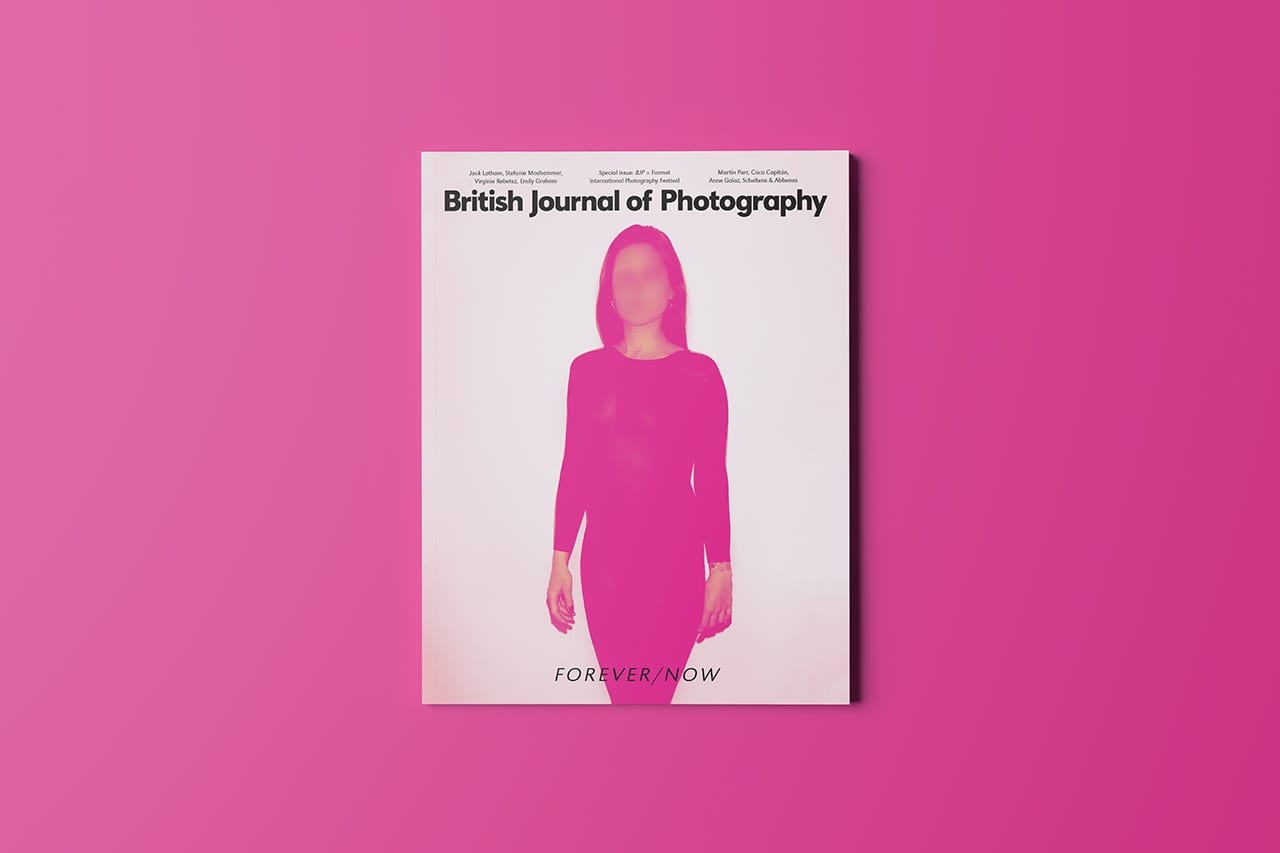
This month, we present a small selection of work that will be shown at Format festival, which returns to the Quad Arts Centre in Derby, England for its ninth edition this March. Under the theme Forever/Now, our edit of notable projects emphasises the festival’s slant towards ‘crooked’ documentary practices, where a lack of subject or search for the unknown is filled by fiction and interpretation.
